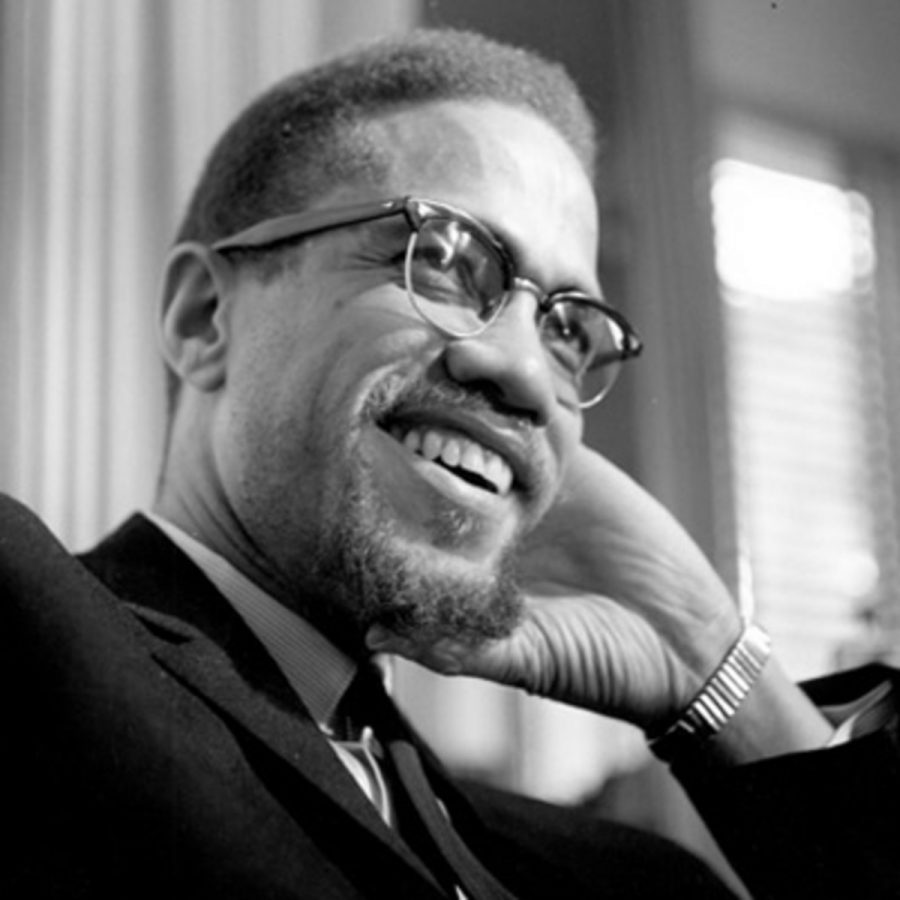Black History: Honoring Malcolm X
March 7, 2018
Malcolm X was a human rights activist and African American Muslim minister who played a significant role in black history.
He was a inspirational and great spokesman for the Nation of Islam. According to biography.com, his activist group, the Nation of Islam, grew tremendously from 400 to 40,000 members by 1960 after Malcolm was released from prison in 1952.
Junior Kim Ayala said she thinks “he was, in a sense, the violent version of Martin Luther King Jr.” Many Civil Rights activists used peaceful protesting to get their point across during the Civil Rights era, but Malcolm X took on a different approach. His strategy was very controversial, because violence contributed to the protesting, whereas people like Martin Luther King sent a message using tranquility, even when it was responded to in a disturbing manner.
Like many African Americans at the time, Malcolm was unsatisfied with the way black people were viewed and treated as inferior people by white people. He urged blacks to fight racism “by any means necessary.” Martin Luther King Jr. criticized him, claiming he was doing a “disservice” to the black community. His radical views and use of violence was looked down upon by other civil rights leaders.
Malcolm X contributed to black history by demonstrating how far people should go for their freedom and basic human rights. He motivated people to join the fight for civil rights. He once said,”Power in defense of freedom is greater than power in behalf of tyranny and oppression.” Malcolm X was assassinated on February 21, 1965.
Senior Chinemerem Iweala said that “although Malcolm X ideals were radical, I do think he is worth honoring, because he was an influential activist leader who fought for civil rights.”
Freshman John Johnson, advised that people should “watch the [Malcolm X] movie. It’s really good! I think it captures Malcolm X’s life, character, and movement perfectly.”




